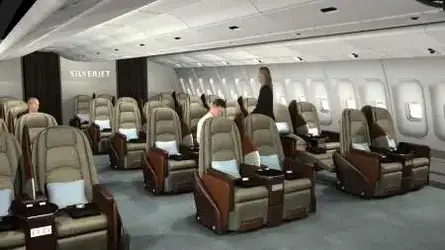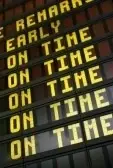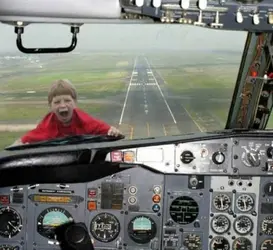You stand by your statements, but how does that prove your assertion that this was the result of a "customer be damned place". Are you saying that an airline is anti-customer for incentivizing top leadership to focus on cost controls, on-time performance, improved baggage handling, and reducing customer complaints? Seems to me that customers would greatly and directly benefit from having the airline improve on these metrics. Cost controls are good for everyone whereas bankruptcies and other indicators poor fiduciary stewardship can be disastrous for customers. All the other measures are fully customer-experience focused, so what would be the nature of the complaint there?
Now if you want it to all boil down to closing the door at D-10 and think that is customer-unfriendly I would understand but disagree with that premise as well. Flight schedules are extremely tight and a small disruption, especially in the early part of the day, can have massive and cascading consequences to thousands of passengers, flight crews, and airport staff just because someone wanted to slightly delay a single flight for connecting passengers. In the micro-economy of a particular flight sitting at the gate it probably makes little sense to close the door early. In the macro-economy of the whole system, regular violations of this policy will and often do cause a full day of expensive and frustrating irregular operations for customers and the company alike.
I had this happen to me several years ago when I was traveling on AA. The plane was at the gate and there I was, ticket in hand, being told I would not be allowed to board. The fact that they closed the door wasn't as big an issue for me as the fact that the FA's announced on my inbound flight that they were going to hold my connecting flight. Then they rushed me off the plane, put me on a shuttle bus and wisked me across the tarmac to my connecting gate and then told me I was too late to board a plane that was still sitting there. I respect their policy, but there was some serious miscommunications going on. At any rate, if an airline doesn't have a policy to get planes out of the gate on-time, then you can be assured that most of their flights will be late and most of their customers will suffer from an airline not focusing on one of the most important measure of customer satisfaction - getting where they need/want to be on time.

 and
and 


